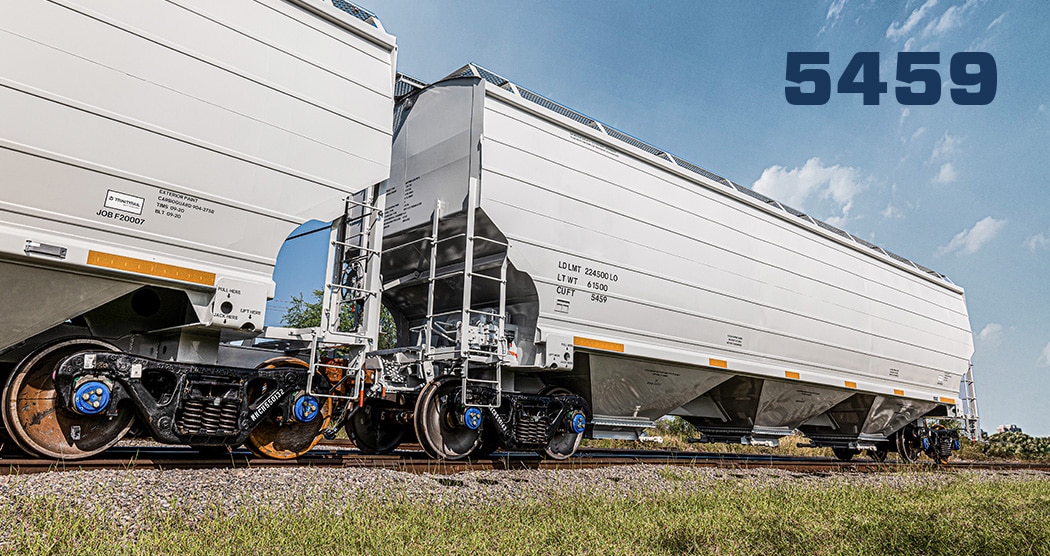Jean Savage knew her two young sons weren’t happy. Her family had picked up and moved seven times as she made her way up the ranks at motion controls maker Parker Hannifin, but they had been settled in Alabama for an extended time, and the boys didn’t want to leave. It was 2002, and Savage had just gotten another promotion; this one would take the family back to Ohio. The boys had been born there but were young when they left, and their anchors were now all in Alabama. Besides, middle school football practice was just days away from starting.
Nevertheless, the car was packed, and Savage and her sons were on their way, with their father planning to join them later. Savage had one stop to make first. Progress Rail Services Corp., a local company, wanted to talk with her about an opportunity, and she had agreed to a quick chat.
“All of my suits were packed, so I went in very casually. It was a no-lose interview,” she says. “It went great, but when it was over, I got back in the car and started driving.”
An hour down the road, her phone rang. Progress was calling to offer her a job.
“It was unbelievable,” Savage says. “I knew Parker, and they were progressing me well, but I had a choice to make: Was I willing to make a career sacrifice for the family? At that point, I was.”
So, Savage turned the car around and got into the rail business.
It was a move that ultimately would position her perfectly for her current role at Dallas-based Trinity Industries. The company was founded by C.J. Bender in Dallas in 1937 and subsequently led by his nephew, Ray Wallace, who turned over the reins to his son, Tim Wallace, in 1998. Savage became the first non-family member—and the first woman—to take the helm when she became CEO and president in early 2020.
An executive with Caterpillar at the time, she had gotten to know Trinity through serving on its board, which she joined in 2018. She was not involved in the CEO search after Wallace announced his plans to retire, nor did she throw her hat in the ring. But Wallace himself approached her and said, “Jean, I think you have the right skill sets. Would you be interested in this role?”
Savage had been given many opportunities at Caterpillar, which acquired Progress Rail in 2006. The decision to move to Trinity, which generated nearly $2 billion in revenue in 2020, came down to possibilities.
“It was the chance to see what we as a team could do to transition the business,” she says. “That’s what drove me—to see what the impact could be.”
Midwestern Upbringing
Savage grew up in Middletown, Ohio, the youngest girl of six children. Her father was a welder; her mother stayed at home until the kids were old enough to fend for themselves. Savage learned early on that “if you want something, you earn it,” and got a job at the age of 12 in the arcade of a local amusement park called Fantasy Farm. Noting her interest in the way things worked, her boss taught her how to fix the wiring and do other repairs.
In high school, Savage was one of those students who tried everything. She played softball, basketball, and ran some track; she was in Junior Achievement, Spanish Club, Electronics Club, and Math Club.
“My mom was the biggest supporter, always saying I could do whatever I put my mind to do,” she says. “But a high school physics teacher told me I’d never make it in engineering, and I’d never make it in the military. That drove me.”

